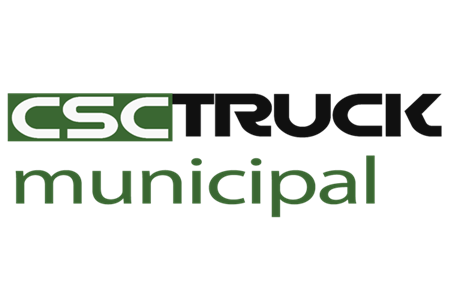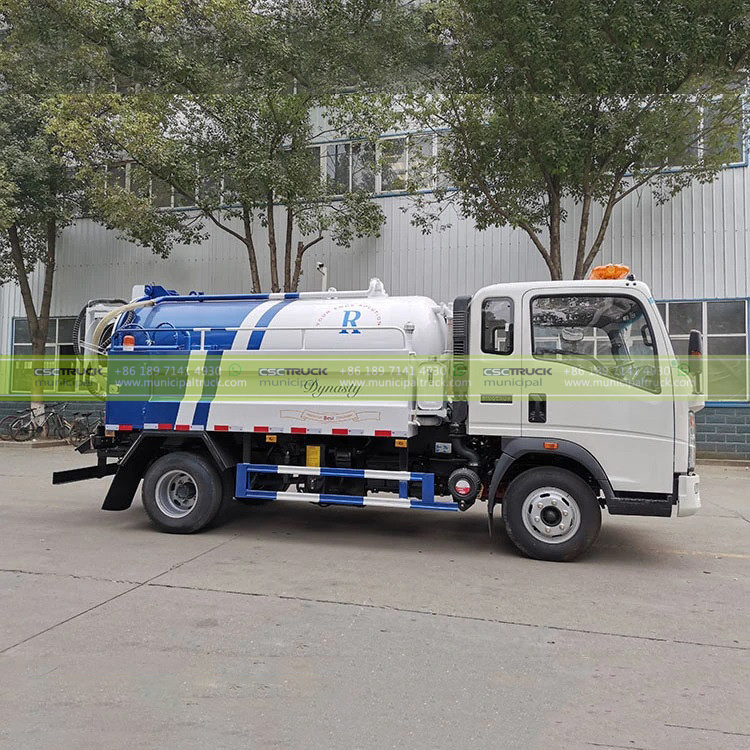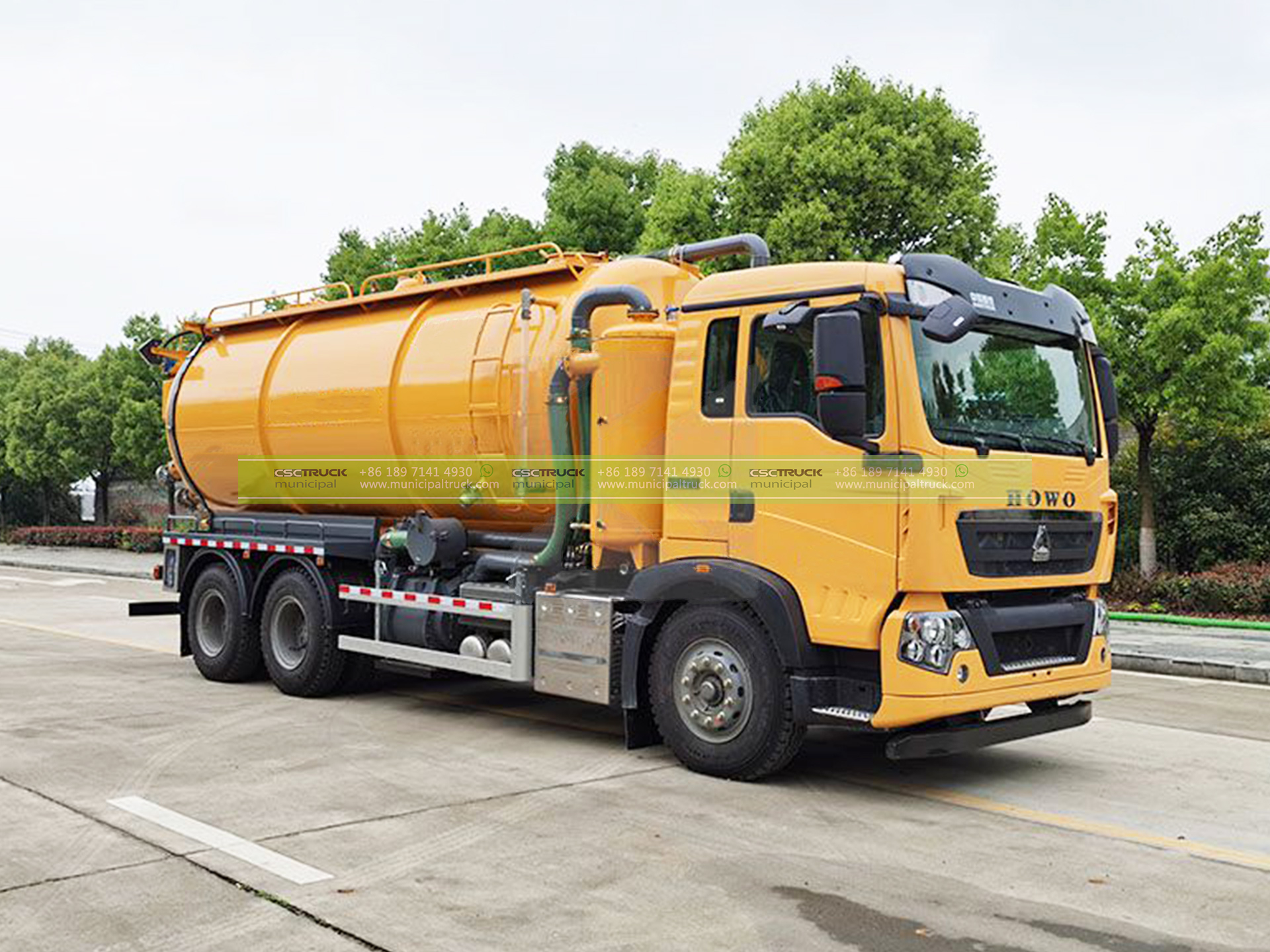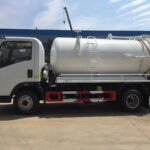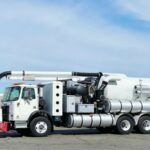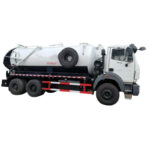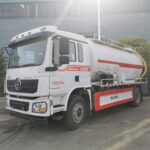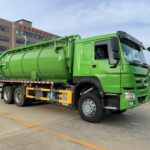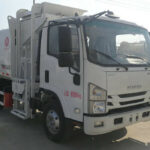A vital part of maintaining public health and hygiene in urban and suburban areas is the effective management of wastewater systems. Sewer systems are essential for carrying wastewater from homes, businesses, and industries to treatment facilities. To ensure these systems remain functional and free of blockages, regular maintenance and cleaning are necessary. This is where sewer cleaner trucks come into play. These specialized vehicles play a crucial role in keeping sewer systems flowing smoothly, preventing costly damage, and protecting the environment. This blog post delves into the importance of sewer cleaner trucks, the different types available, and how they contribute to the maintenance of sanitary sewer systems.
1. The Importance of Sewer Maintenance
A well-maintained sewer system is fundamental to the proper functioning of a city’s infrastructure. Without regular cleaning, sewers can become clogged with debris, grease, tree roots, and other blockages, leading to backups, overflows, and potential damage to the system. Sewer maintenance not only prevents these issues but also enhances the longevity and efficiency of the entire system. In addition, it ensures the proper treatment of wastewater and minimizes the environmental impact of untreated sewage.
Key Reasons for Regular Sewer Maintenance
- Prevents Blockages: Regular cleaning helps to remove debris and prevent blockages that can cause sewer backups.
- Protects Public Health: Clogged or overflowing sewers pose significant health risks, including contamination of drinking water sources and exposure to harmful pathogens.
- Improves System Longevity: Cleaning extends the lifespan of the pipes, reducing the need for costly repairs or replacements.
- Environmentally Responsible: A well-maintained sewer system reduces the risk of sewage spills and pollution into nearby water bodies.
Effective maintenance requires specialized equipment, such as sewer cleaner trucks, which can thoroughly clean sewer lines and remove any obstructions efficiently.
2. The Role of Sewer Cleaner Trucks in Maintenance
Sewer cleaner trucks, also known as vacuum sewer trucks, are essential vehicles for the maintenance and cleaning of sewer systems. These trucks are designed to tackle even the most challenging tasks, from clearing blocked pipes to removing debris, grease, and sludge from the sewer system. Their key function is to use vacuum suction and water jets to clean out the pipes, ensuring smooth operation and preventing potential issues from arising.
How Sewer Cleaner Trucks Operate
A typical sewer cleaner truck combines two main components: vacuum suction and high-pressure water jetting. The vacuum system is responsible for removing debris, sludge, and other waste materials from the pipes. This system uses powerful suction to pull the material into the truck’s holding tank. Meanwhile, the high-pressure water jetting system helps to break down stubborn blockages and push them through the pipes, ensuring that the entire line is thoroughly cleaned.
These trucks are highly effective for a range of sewer maintenance tasks, including:
- Removing sediment, sludge, and debris: The vacuum system is used to extract materials that have built up in sewer lines.
- Clearing tree roots: The high-pressure water jets can help cut through tree roots that have invaded sewer pipes.
- Cleaning stormwater drains: Sewer cleaner trucks are often used to remove debris from stormwater drainage systems, preventing flooding during heavy rain.
Advantages of Using Sewer Cleaner Trucks
- Efficiency: The vacuum suction combined with high-pressure water jetting ensures comprehensive cleaning in a shorter amount of time.
- Versatility: Sewer cleaner trucks can be used for both sanitary and stormwater sewer systems.
- Cost-effective: Regular use of sewer cleaner trucks reduces the need for costly pipe repairs and replacements by preventing clogs and damage.
3. Different Types of Sewer Cleaner Trucks
There are various types of sewer cleaner trucks, each designed for different cleaning applications. The most common types are vacuum sewer trucks, combined sewer trucks, and hydro excavators. While all of these vehicles serve the same basic purpose of cleaning sewer systems, each type has unique features suited for specific needs.
Vacuum Sewer Trucks
Vacuum sewer trucks are the most common type of sewer cleaner truck used for routine maintenance. They are equipped with a large vacuum tank that can store a significant amount of debris, sludge, and wastewater. The powerful vacuum system allows these trucks to remove material from sewer pipes quickly and efficiently, making them ideal for clearing smaller blockages or for cleaning out debris that has built up over time.
Combined Sewer Trucks
Combined sewer trucks are multi-functional machines that combine both vacuum suction and high-pressure water jetting systems into a single vehicle. These trucks are ideal for more extensive cleaning operations, such as removing stubborn blockages or grease buildup. The combination of suction and jetting allows the vehicle to address a wide variety of waste materials in the sewer lines, including debris, sediment, and tree roots.
Combined sewer trucks are commonly used in urban settings where the sewer systems are older, and the pipes are more likely to be filled with grease, oil, and debris. They are also used in places where the sewer system is particularly complex, with a mix of stormwater and sanitary lines that require versatile cleaning solutions.
Hydro Excavators
Hydro excavators, while not strictly sewer cleaner trucks, are sometimes used in conjunction with sewer cleaning equipment. These trucks utilize a combination of water and vacuum suction to dig up dirt and debris, making them useful for cleaning sewer lines that are buried under hard-to-reach areas, such as roads or private property. Hydro excavators are particularly useful for locating and exposing sewer lines that need to be cleaned or repaired.
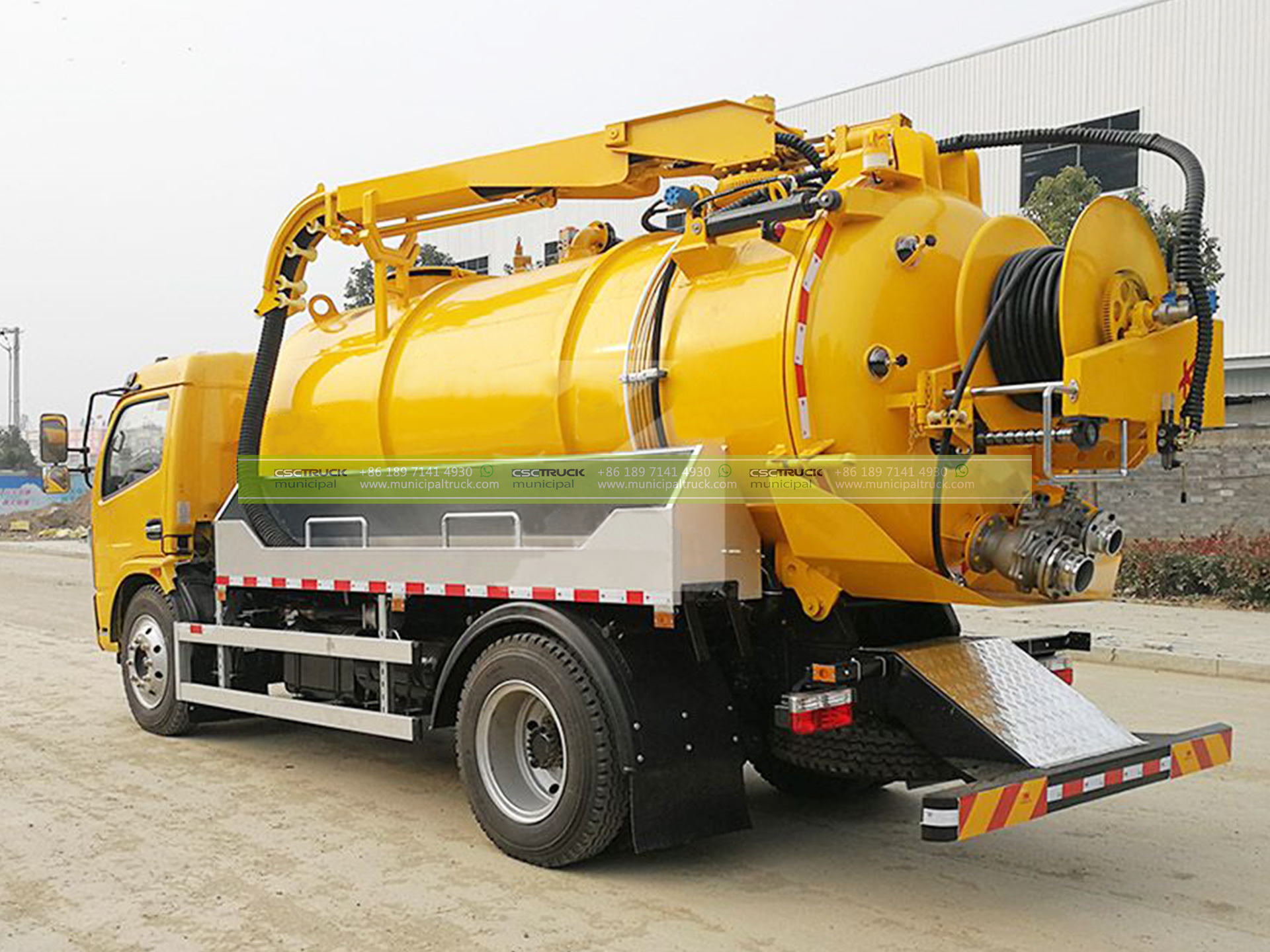
4. Features and Technologies in Modern Sewer Cleaner Trucks
Modern sewer cleaner trucks have evolved to incorporate cutting-edge technology and features that enhance their performance and usability. These trucks are not only more efficient and versatile than ever before, but they also come equipped with features designed to improve safety, reduce environmental impact, and increase operational convenience. Some key technologies in today’s sewer cleaner trucks include:
Automated Control Systems
Many modern sewer cleaner trucks feature automated control systems that allow operators to manage the vehicle’s functions with ease. These systems can control the suction power, water pressure, and the vacuum tank’s capacity, making it easier to adjust the settings based on the specific cleaning task. Operators can also monitor the truck’s performance through digital dashboards, ensuring they can efficiently manage the cleaning process and prevent downtime.
Environmental Considerations
Sewer cleaner trucks are now designed to be more environmentally friendly. For example, some newer models are equipped with fuel-efficient engines and low-emission systems to minimize their environmental impact. Furthermore, many trucks feature advanced filtration systems that prevent debris and pollutants from entering the environment during cleaning operations.
Telematics and GPS Tracking
Many sewer cleaner trucks are equipped with telematics and GPS tracking systems that allow fleet managers to monitor the location and performance of their vehicles in real-time. This technology improves fleet management, allowing for efficient route planning and ensuring that the trucks are being used optimally.
5. Challenges in Sewer Cleaning and How Sewer Cleaner Trucks Address Them
While sewer cleaning is a vital service, it comes with its fair share of challenges. One of the biggest issues is the accumulation of materials such as grease, tree roots, and debris, which can block sewer pipes and cause system malfunctions. Sewer cleaner trucks are designed to address these challenges in several ways:
Grease and Oil Build-Up
In areas with heavy food waste, restaurants, or industrial operations, grease and oil can accumulate in sewer lines, causing clogs and reducing pipe capacity. Combined sewer trucks, with their powerful water jetting capabilities, are particularly effective at breaking down grease and oils, allowing for more efficient removal.
Tree Roots in Sewer Lines
Tree roots are one of the most persistent issues faced by sewer systems, as they can penetrate pipes and cause major blockages. Vacuum sewer trucks and combined sewer trucks are equipped with high-pressure water jets that can cut through tree roots, preventing further damage to the pipes and ensuring smooth operation.
Emergency Cleaning Operations
In emergencies, such as heavy rainfall or sewer backups, sewer cleaner trucks can perform rapid response cleaning to prevent damage to the system. Their high suction power and water jetting technology allow them to clear blockages quickly, ensuring that the system remains operational during extreme conditions.
Sewer cleaner trucks play an essential role in maintaining the health and functionality of our sewer systems. By using advanced vacuum suction and high-pressure water jetting systems, these vehicles are able to remove blockages, debris, and grease from sewer lines, ensuring the smooth flow of wastewater and reducing the risk of system malfunctions. Whether it’s through the versatility of combined sewer trucks or the efficiency of vacuum sewer trucks, these specialized vehicles help maintain public health, protect the environment, and extend the lifespan of sewer infrastructure. Regular cleaning and maintenance, powered by these high-tech trucks, are crucial to maintaining safe and sanitary urban environments.
